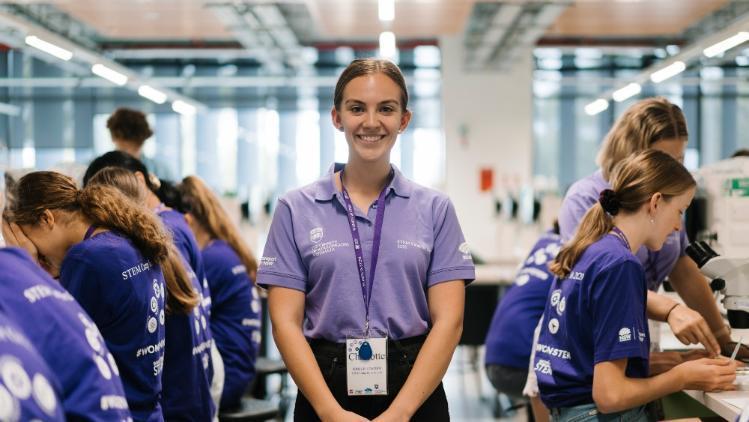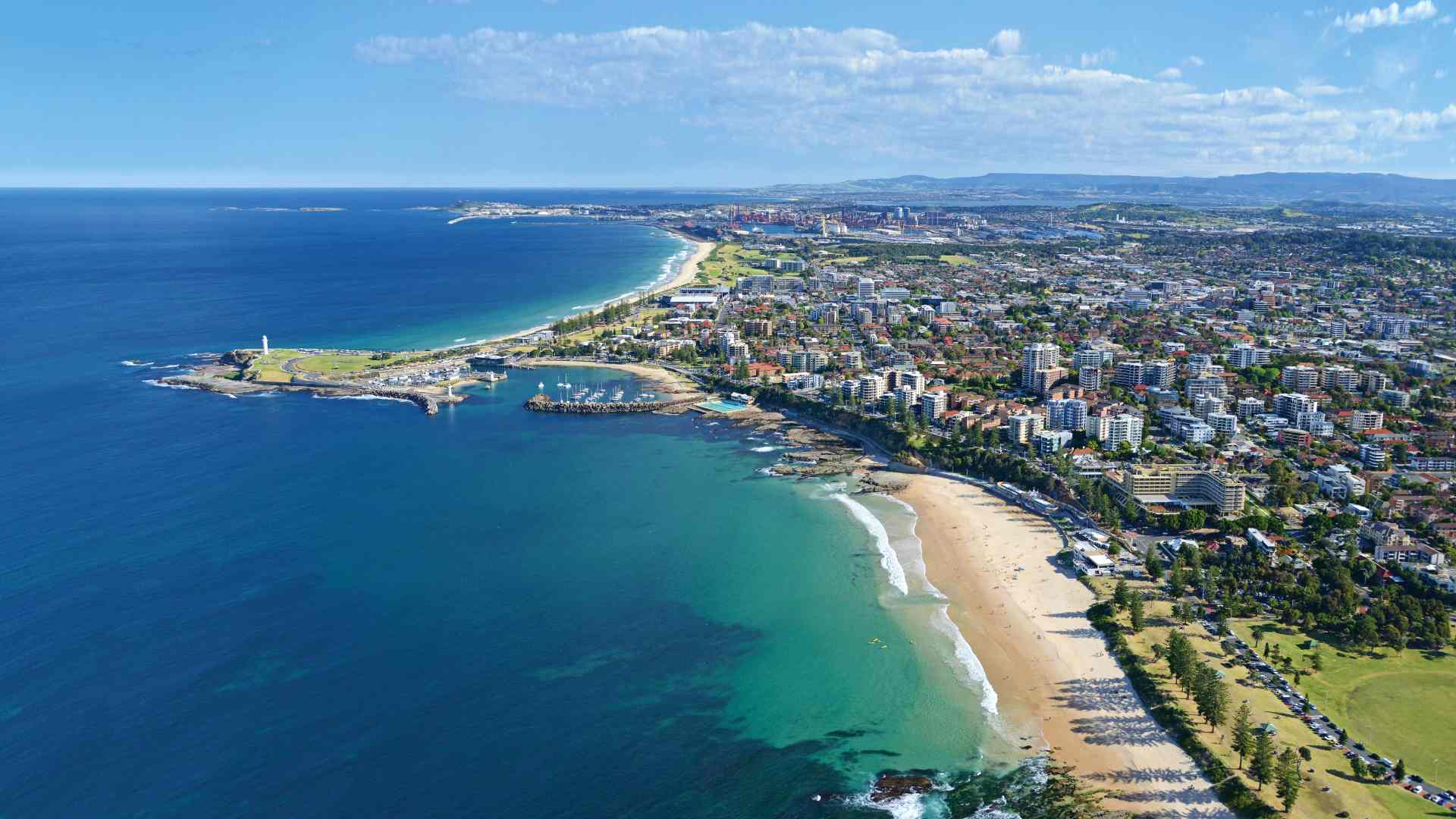Explore Environmental & Biological Science degrees
Environmental and biological science graduates are experts in the science behind life, encompassing fields including marine science. They investigate the environment, climate, oceans, and the Earth’s systems, from entire ecosystems to the microscopic realms of cellular biology. Learn about the global issues affecting planetary and human health, the Earth's wildlife and environment, and the strategies required to protect and manage them.
Science:
Biological Sciences:
- Bachelor of Medical Biotechnology (Honours)
- Bachelor of Science (Cell and Molecular Biology)
- Bachelor of Secondary Education (Biology)
Chemistry:
Earth Sciences:
- Bachelor of Marine Science
- Bachelor of Science (Earth Sciences)
- Bachelor of Secondary Education (Earth & Environmental Science)
Environmental Science & Conservation:
- Bachelor of Environmental Science (Honours)
- Bachelor of Science (Ecology and Conservation Biology)
- Bachelor of Science (Environment & Heritage Management)
UOW College provides pathways to Environmental & Biological Science degrees at UOW. By completing a Diploma of Science at UOW College, there is an opportunity to gain entry into the second year of various business bachelor’s degrees at the University of Wollongong.
Professional, Scientific and Technical Services is projected to increase 10.2% in employment growth in Australia from 2018 to 2023. This increase reflects ongoing strength and demand for the services of qualified and highly educated workers. Source: Employment Projections.
At UOW, the skills you will learn are highly-transferable across a range of careers.
- Agricultural adviser
- Biochemist
- Cartographer (Mapping)
- Chemist
- Coastal or estuarine management officer
- Conservation biologist
- Drug regulation officer
- Ecologist
- Environmental consultant
- Food chemist
- Forensic scientist
- Geologist
- Laboratory assistant
- Marine or fisheries biologist
- Materials scientist
- Medical biotechnologist
- Medical researcher
- Oceanographer
- Science teacher
- Veterinary researcher











